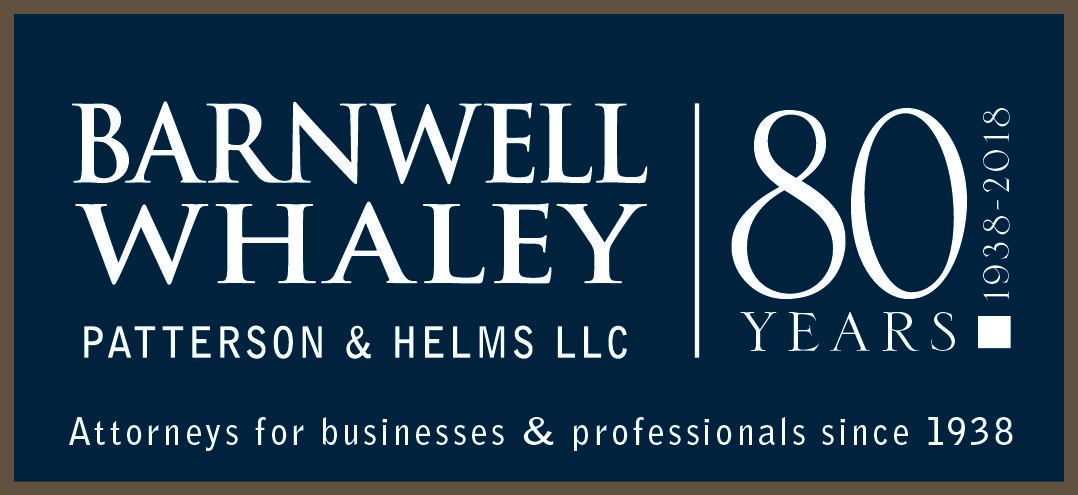
It is a well-known premise that our brains respond differently to names over other words that are generally used but lacking any well-established association.
Endorphins excite our brain when we hear the sound of a name with which we have established a positive recognition. Such a positive recognition may be the result of our own favorable experience associated with, perhaps, a stay at a hotel having a distinctive brand name, when dining at a restaurant with a brand name characteristic of an eating place where you had an enjoyable dining experience, or a positive and memorable use of a product having a distinguishing brand name.
Of course, a brand name associated with any of these services or products becomes a moniker through which others may recommend such services or products establishing the needed response in a person’s mind when seeing or recollecting a past referral. However, names with which we have established negative associations can induce negative reactions, as well.
Businesses in the hospitality industry that strive to excel in some way through the services or products they offer can miss a valuable opportunity to associate and continuously use a name connected with such services or products. From a legal standpoint, such marks may be registered with the United States Patent and Trademark Office (“USPTO”) and become a registered trademark that is available for your sole use in connection with the service and/or product for which you have registered the mark.
While there are common law rights in a mark that has not been registered, marks subject to common law have a much more limited scope of protection, including use that is limited to the geographic area where the mark has only been used. Also, if somebody else has registered that same mark in association with a service or product that closely resembles your service or product that predates your use, they can legally force you to stop using that mark.
So, what typically amounts to less than a couple of thousand dollars in legal fees and registration costs to have a mark registered in the USPTO usually is money well-spent in establishing and protecting a name through which you can market your services or products without fear of retribution from others who may claim ownership to that mark.
You may delineate your mark while it is awaiting registration in the USPTO – a process which can take as little as less than a year in some cases, or possibly longer in the case of an egregious opposition against the registration of the mark – by using a superscript “™” following the mark. Once your mark become registered, the “™” following the mark is replaced with the “®” symbol.
It is illegal to use the “®” symbol for a mark that has not been registered or for those trademarks that have not been renewed. You may renew the registration of your trademark every 10 years, so long as your use of the trademark in association with the registered service or product continues.
The attorney working on the registration of your mark will attempt to obtain a description of services or products that are broader in nature, allowing the service or product through which you use the registered trademark in association with to evolve within that generally described space as you continue to use the trademark and possibly expand your services or products.
The renewal fee due every 10 years for a registered trademark is currently $400 for each class of goods or services for which the mark is registered. So, the long-term, continued cost of ownership for a registered trademark is not that exorbitant.
Some examples of registered trademarks used in association with hotels and/or restaurants include YOUR MOM’S HOUSE®, SEA WATCH® and BEACH HUT®, which are examples of word marks. Designs or a design plus words may also be registered, with the latter being more preferred when attempting to establish some needed name recognition.
If you have a business in the hospitality industry where you want to establish, or you have established a positive experience surrounding a particular mark, then you should consider registering that mark as a trademark to safeguard the marketing protection you have in association with that mark.

Todd Hess is a member attorney of Barnwell Whaley law firm, licensed to practice law in North Carolina, South Carolina and Georgia, and before the USPTO. As effective business counsel, Todd’s law practice focuses on general business law as he has advised clients in license, joint development and co-existence agreements, transactional matters, regulatory representation and merger and acquisition due diligence. As a registered patent attorney, his intellectual property experience includes drafting and prosecuting hundreds of patent and trademark applications in the USPTO and foreign patent offices as well as intellectual property litigation. Additionally, he is a registered Professional Engineer and a Certified Financial Planner™.
This article originally appeared in the Wilmington Business Journal.
Trademark word cloud from Thinkstock.




